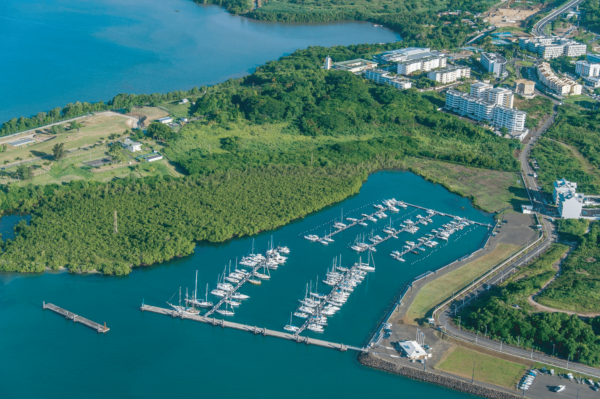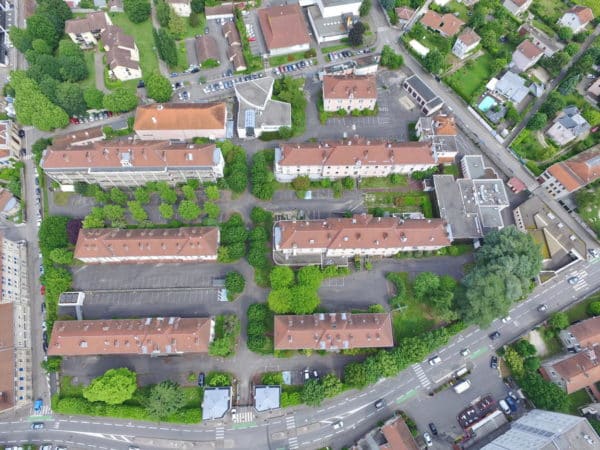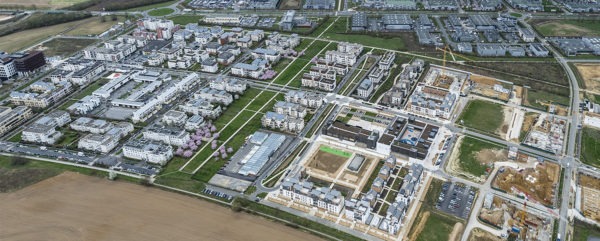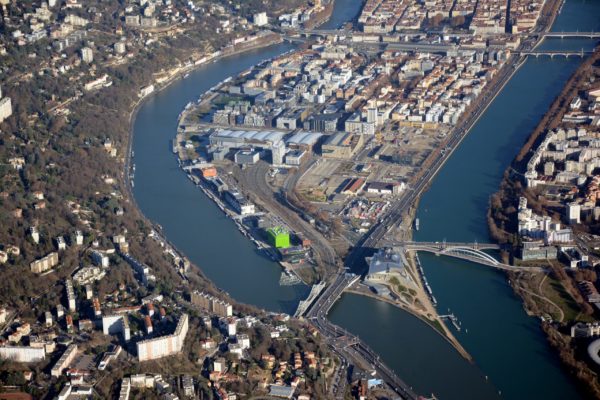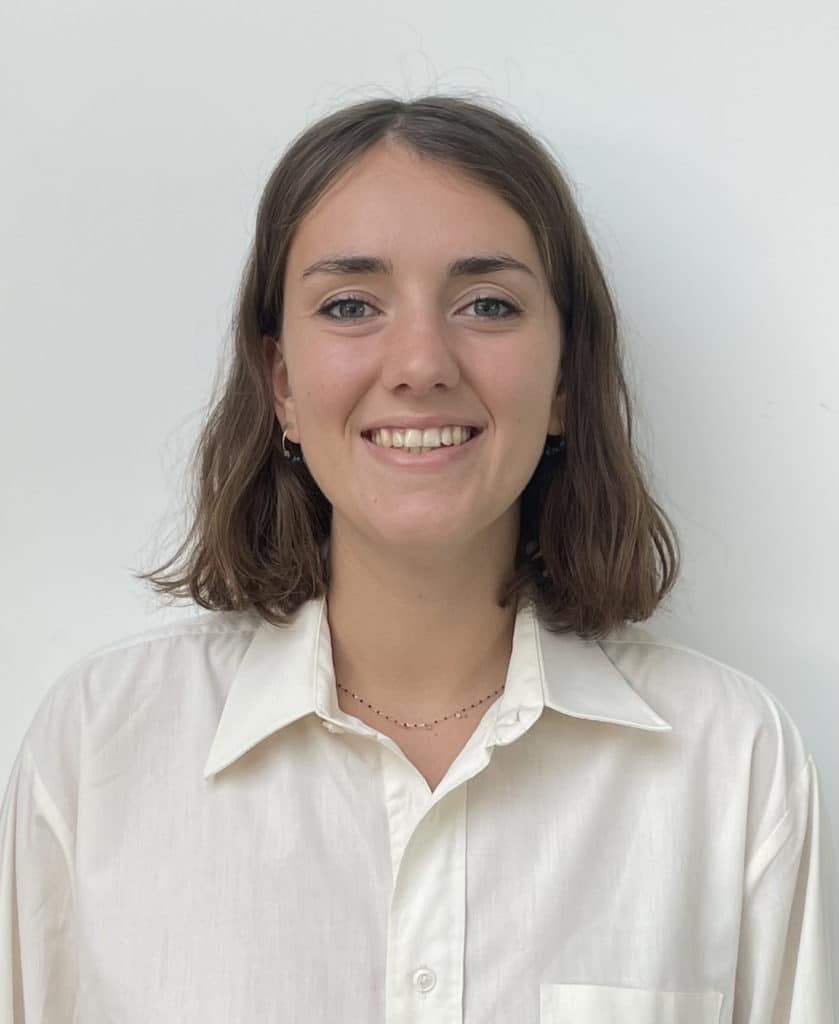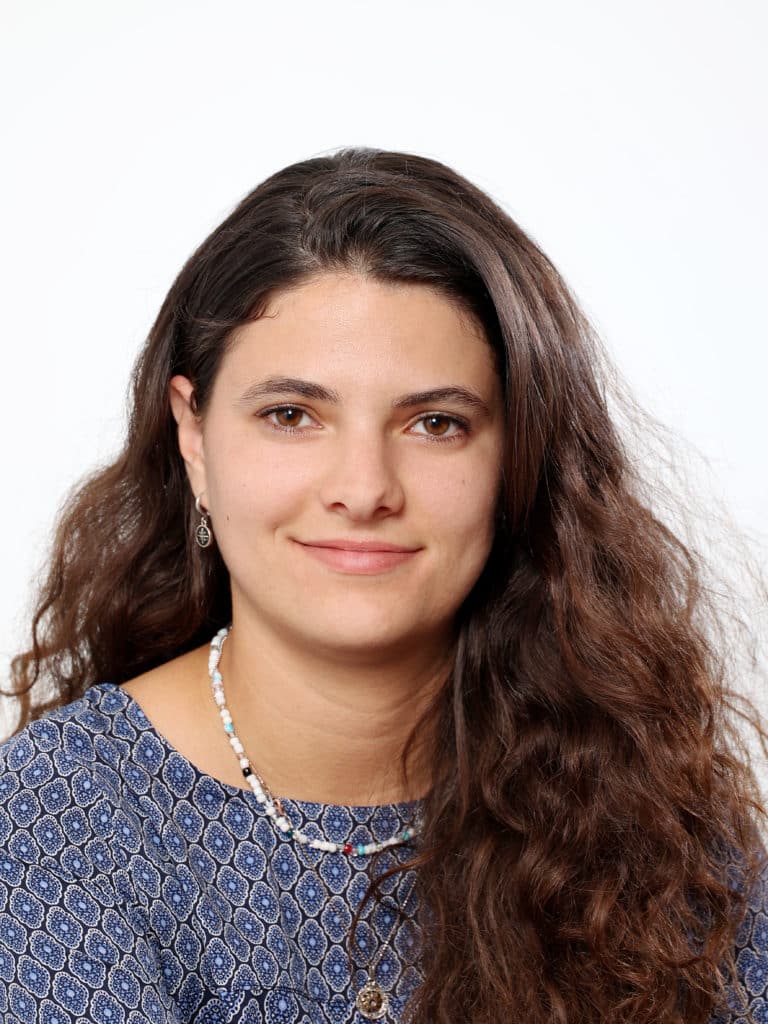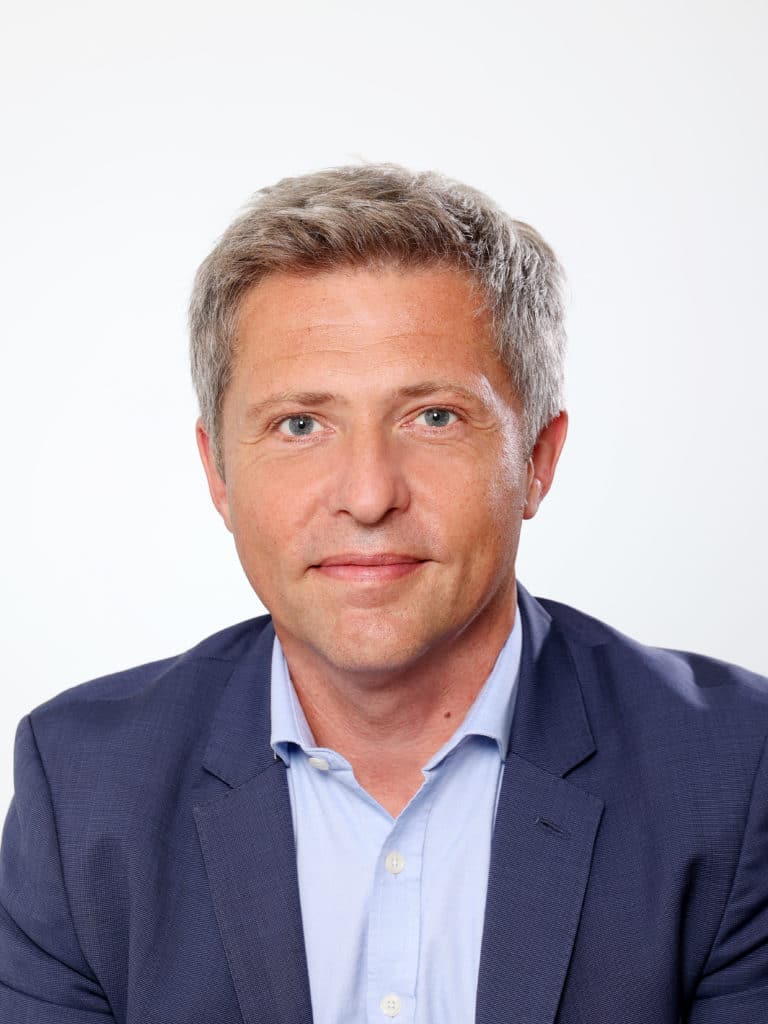Faciliter la mobilité durable dans le projet de territoire
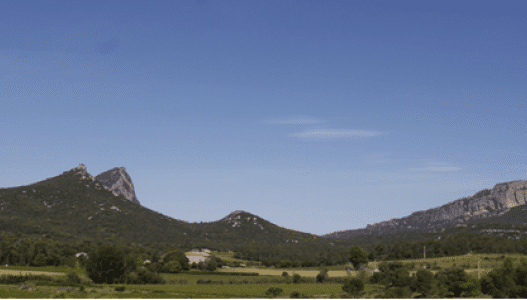
Contributeur
Descriptif
En Grand Pic Saint Loup, les actions autour de la mobilité s’inscrivent dans le cadre plus large du projet de territoire actuel de l’EPCI, qui s’inscrit lui-même dans la continuité du projet précédent qui identifiait déjà la mobilité comme objectif stratégique central. Lorsque les conseillers communautaires ont travaillé au projet 2020-2026, la mobilité a été la troisième thématique identifiée comme prioritaire après le développement économique et la gestion des déchets.
En effet, la communauté de communes est un territoire avec une forte pratique de l’auto-solisme, avec près de + de 90% d’utilisation du véhicule particulier afin de se rendre sur le lieu de travail, et les deux-tiers des actifs qui travaillent en dehors de ses frontières. Les transports publics n’assurent pas un cadencement suffisant pour pallier cela, et les embouteillages sont courants aux heures de pointe sur l’autoroute reliant Montpellier.
Cependant, le traitement du sujet mobilité est intégré à une approche transverse, concentrée dans les ambitions suivantes :
- Consolider un territoire de proximité en s’appuyant sur le maillage des bourgs-centre
- S’ouvrir sur la métropole tout en préservant notre patrimoine et l’identité du territoire
- Réorganiser les dynamiques de circulation (interne/externe) et prendre en compte que le déplacement le moins onéreux est celui qui ne réalise pas
- Créer de la richesse économique en attirant les entreprises et en relocalisant les emplois au plus près des lieux de résidence
- Développer l’attractivité génératrice de richesse et d’image
- S’engager dans la transition énergétique et environnementale
- Aménagement
- Coopérations territoriales
- Transport de personnes
- Dé-mobilité et mobilités actives
- Territoire
Fiche d'identité
- Communauté d'agglomération
Distinctions
Médias
Évaluation du projet*
sur la base du déclaratif du contributeur
Critère n°1 : SOBRIÉTÉ
NA
NA
Différentes actions ont été mises en place, pour agir sur :
- les mobilités actives avec une nouvelle piste cyclable
- le transport à la demande avec une prolongation de lignes depuis Montpellier vers la collectivité (création d’un arrêt dédié)
- les nouvelles mobilités en favorisant le covoiturage, l’autopartage et l’autostop organisé
Des pôles nouveaux usages sont en cours de déploiement sur le territoire afin de favoriser la multimodalité. Ils regroupent un bouquet de solutions : autopartage, covoiturage, stationnement sécurisé pour vélo, arrêt de transport en commun, vélos à assistance électrique.
Critère n°2 : INCLUSION
NA
La logique mise en place a été celle d’une desserte du territoire pensée à de multiples échelles : interurbaine (vers et depuis Montpellier), communautaire et communale.
Développement des offres de déplacements pour tous les usagers (actifs, jeunes, seniors…)
En cours
Critère n°3 : RÉSILIENCE
> Amélioration des circulations pendulaires
> L’idée est d’orienter les aménagements urbains pour inciter les populations à faire leurs achats dans les centre-bourgs à pied ou à vélo, classique ou électrique
Approche transverse
Critère n°4 : CRÉATIVITÉ
> Réussir le développement économique et le développement harmonieux des polarités du territoire
> Créer de la richesse économique en attirant les entreprises et en relocalisant les emplois au plus près des lieux de résidence
La collectivité a choisi de travailler de façon expérimentale dans une logique d’usages.
Critère n°5 : POTENTIEL DE RÉPLICABILITÉ
Oui

